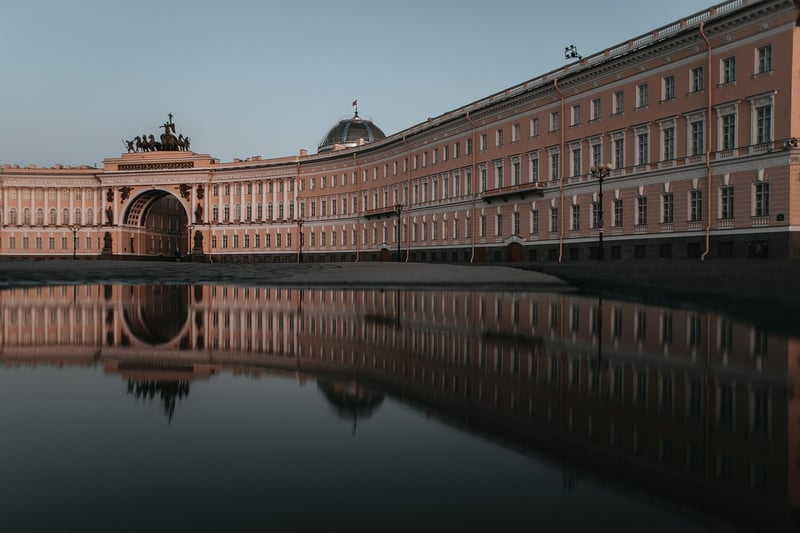Altering History
The Risks and Consequences of Altering History
History is a chronicle of events that shape the world we live in today. It provides us with valuable lessons, insights, and a sense of identity. However, the idea of altering history, whether through misinformation, manipulation, or outright changes, poses serious risks and consequences that can have far-reaching effects on society.
Why Alter History?
People may attempt to alter history for various reasons, such as political agendas, personal gain, or to shape a particular narrative. However, tampering with historical facts can have detrimental effects on our understanding of the past and present.
The Risks Involved
- Misrepresentation: Altering historical events can lead to a distorted view of reality, causing misinformation to spread and influencing public perception.
- Erosion of Trust: Manipulating historical records can erode trust in institutions, experts, and the credibility of information sources.
- Loss of Identity: Changing historical narratives can impact a community's sense of identity and cultural heritage, leading to confusion and division.
- Repetition of Mistakes: By altering or whitewashing historical events, we risk repeating past mistakes and failing to learn from them.
The Consequences
When history is altered, the consequences can be profound and long-lasting:
- Historical Amnesia: Altering history can result in historical events being forgotten or misrepresented, leading to a loss of collective memory.
- Social Unrest: Disputes over altered historical narratives can fuel social unrest, conflicts, and divisions within society.
- Intellectual Stagnation: Misrepresenting history can hinder intellectual growth, critical thinking, and the pursuit of knowledge.
Conclusion
History is a vital part of our cultural heritage and collective memory. Altering it poses significant risks and consequences that can impact society on multiple levels. It is essential to preserve and protect historical accuracy to ensure a truthful and informed understanding of the past for the benefit of present and future generations.
Remember, history is not meant to be changed but to be learned from and cherished.

For more information on the importance of preserving historical accuracy, visit History.com.
